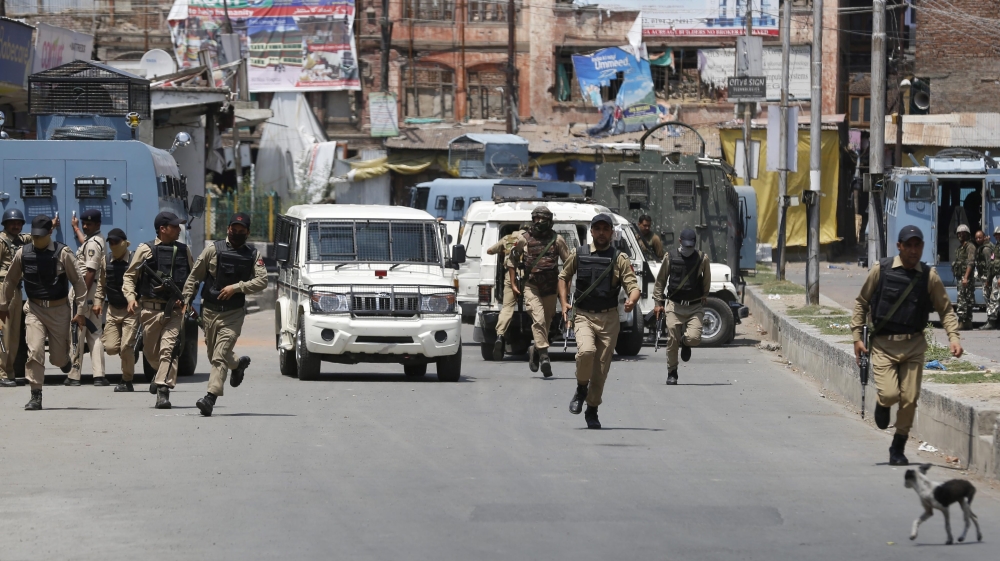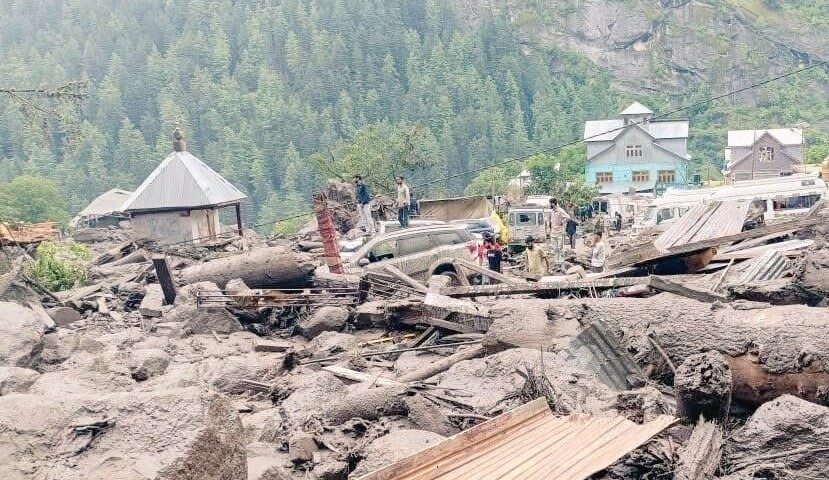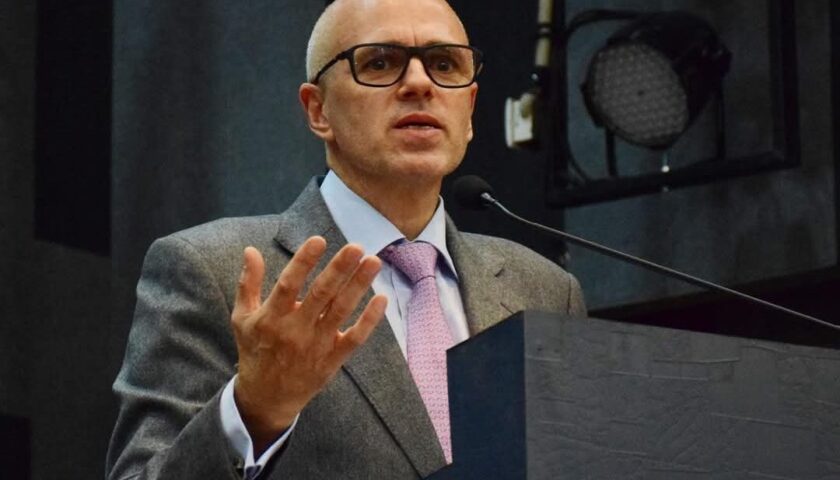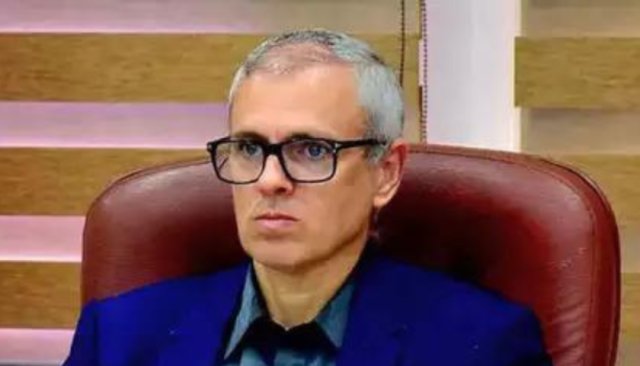The refusal of separatists to engage in talks with All Party Parliamentarian Delegation has given rise to fears in Kashmir that the present phase of political uncertainty and turmoil will drag on. Although there was no hope of any major breakthrough or announcement from the delegation, the delegates were expected to break the ice with the Hurriyat and calm tempers in the valley.
But with separatists hardening their stand and Home Minister Rajnath Singh accusing them of going against the ethos of Kashmiryat, insaniyat and even jhamooriyat, the hardening of the posters from both sides is a warning sign for a Kashmir reeling under unabated curfew.

The Home Minister announced that parliamentary delegation leaders who met the Hurriyat leaders did so in their individual capacities, thereby distancing himself from Chief Minister Mehbooba Mufti’s overtures towards the separatists.
This has further weakened Mehbooba’s position as a leader in Kashmir. Mehbooba had written a letter to the separatists to come forward and engage with the parliamentary delegation. This development will further complicate problems for the ruling alliance of the PDP-BJP led by Chief Minister Mehbooba Mufti.
That the BJP was not on board Mehbooba’s decision to invite Hurriyat for talks was reinforced by Home Minister Rajnath Singh’s statement that Mehbooba had approached the separatists in her individual capacity.
For people like Umar Wani, a resident of Rajbagh area of Srinagar, the failure to initiate talks is a big disappointment. “BJP’s Ram Madhav says Kashmir can ask for the moon within the Indian Constitution. Then why doesn’t the BJP leadership offer the same to Hurriyat? If they reject, the blame will come on them,” Wani told Kashmir Post after Home Minister Singh’s press conference.
“But right now, they are offering nothing. Why should the Hurriyat talk to them? There has to be a starting point for talks. I fear the situation will worsen now,” he added.
Hurriyat leader Abdul Gani Bhat told Kashmir Post that said that unless India and Pakistan do not engage in a sustained meaningful dialogue on Kashmir, the issue will never be resolved.
“They have to listen to the heartbeats of Kashmir. We got honored guests from Delhi and met them and later saw them off very gracefully. We were not against insaniyat. We had taken a collective decision not to meet them because they had no mandate,” Bhat told Kashmir Post.
Kashmir is unlikely to see the return of the normalcy any time soon and the cycle of violence is likely to prolong following the failure of the central government to break the ice. More than 70 people have been killed in the past 58 days, triggered by the killing of Hizbul Mujahideen commander Burhan Wani. There is no ray of hope that the unrest is turning weak, but with every new killing, injury or arrest, the people are getting angrier.
Dr Peer GN Suhail, director of Centre for Research and Development Policy (CRDP), a policy think tank based in Srinagar, said that there is no harm in talking to anyone but the dialogue has to be result-oriented and not just for photo-op.
“Since the parliament delegation did not have any mandate and there recommendations would not have been binding on the Government of India, talking to the delegation would have yielded results,” Suhail told Kashmir Post.
Despite all this, the situation in Kashmir will return to normalcy because as the Darbar shifts to Jammu and winter sets in, the chill automatically will calm the temperatures. But this will be temporary, because the seeds of angst buried under snow often sprout in summers in the form of another summer agitation.




